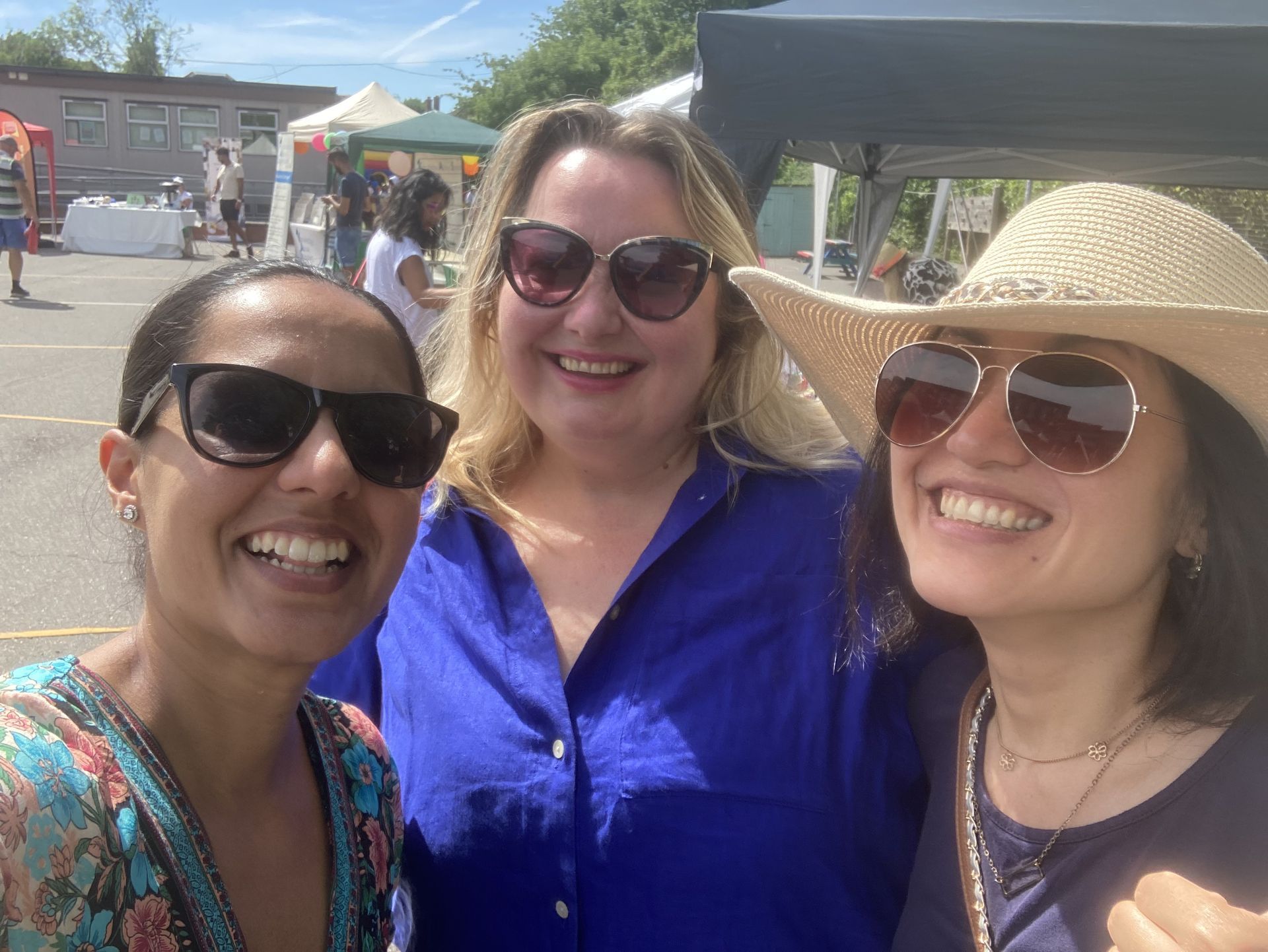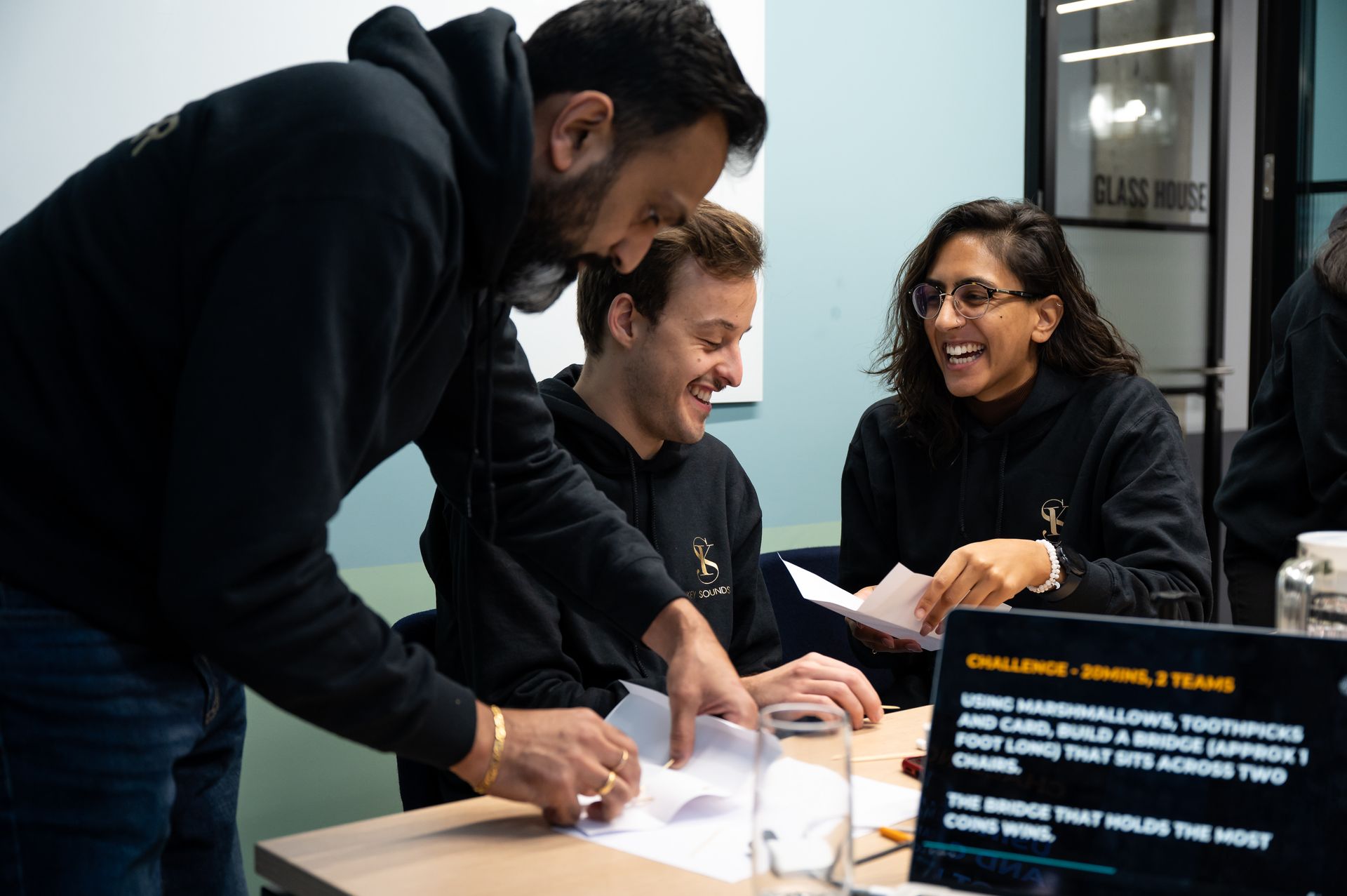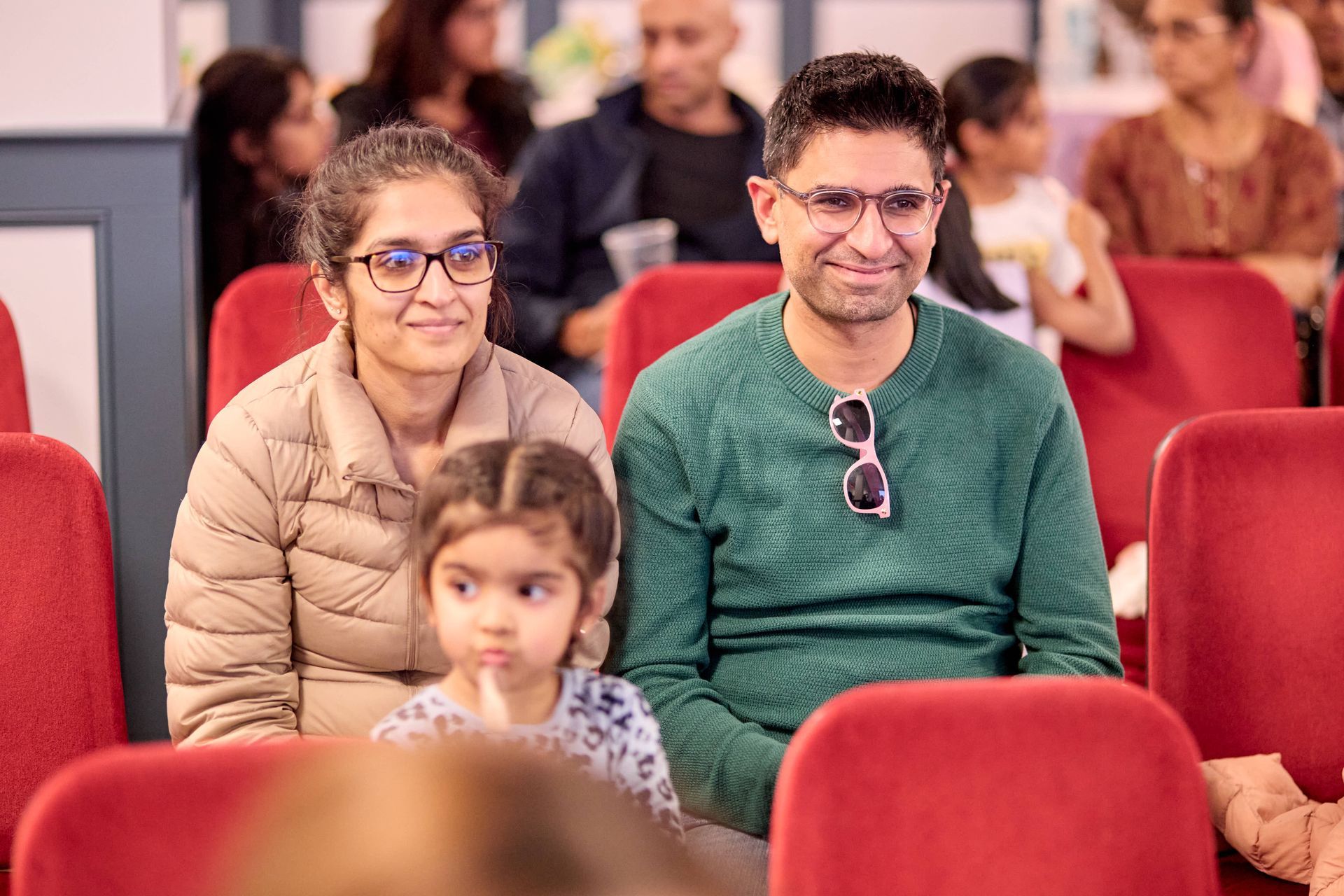How to Restart Your Piano Journey After Taking a Break
Many teenagers and adults who used to learn to play the piano, feel disheartened when they return to the piano a few years later. Here are top tips and action points you can try to restart this process and return to good levels of satisfaction and progress.
Tip One: Start Slow and Steady
Action Point 1: Begin by revisiting familiar pieces that you used to enjoy playing. This will help reignite your passion for the instrument and rebuild your muscle memory.
Action Point 2: Dedicate a set amount of time each day to practice, even if it's just 15-30 minutes initially. Consistency is key to progress, and gradually increasing your practice time as you regain your skills will prevent burnout.
Action Point 3: Set realistic goals for yourself. Whether it's mastering a specific technique, learning a new piece, or participating in a local concert, having achievable milestones will keep you motivated.
Tip Two: Find a Compatible Teacher
Action Point 1: Seek out a piano teacher who understands your background and goals. Look for someone who is supportive, patient, and flexible in their teaching approach.
Action Point 2: Schedule regular lessons with your teacher to receive personalized feedback and guidance. These sessions will help you stay on track and address any challenges you encounter along the way.
Action Point 3: Keep an open line of communication with your teacher. Discuss your progress, areas of improvement, and any adjustments needed to your lesson plan. A collaborative relationship with your teacher will enhance your learning experience.
Tip Three: Establish a Consistent Routine
Action Point 1: Designate a dedicated practice space in your home where you can focus without distractions. Make sure it's equipped with a comfortable chair, good lighting, and a well-maintained piano or keyboard.
Action Point 2: Create a weekly practice schedule that fits into your existing commitments. Block out specific times for practice sessions and treat them as non-negotiable appointments with yourself.
Action Point 3: Incorporate variety into your practice routine to keep things engaging. Mix up your piano pieces with different genres, styles, and difficulty levels. Additionally, include exercises to improve technique, sight-reading, and musicality.
By following these tips and actionable points, you can effectively reintegrate piano playing into your life and rediscover the joy of making music. Remember to be patient with yourself and celebrate your progress along the way!
If you wish to know more about these hacks and resources, feel free to take a look around our website or connect with us directly!



All Rights Reserved | Key Sounds UK
